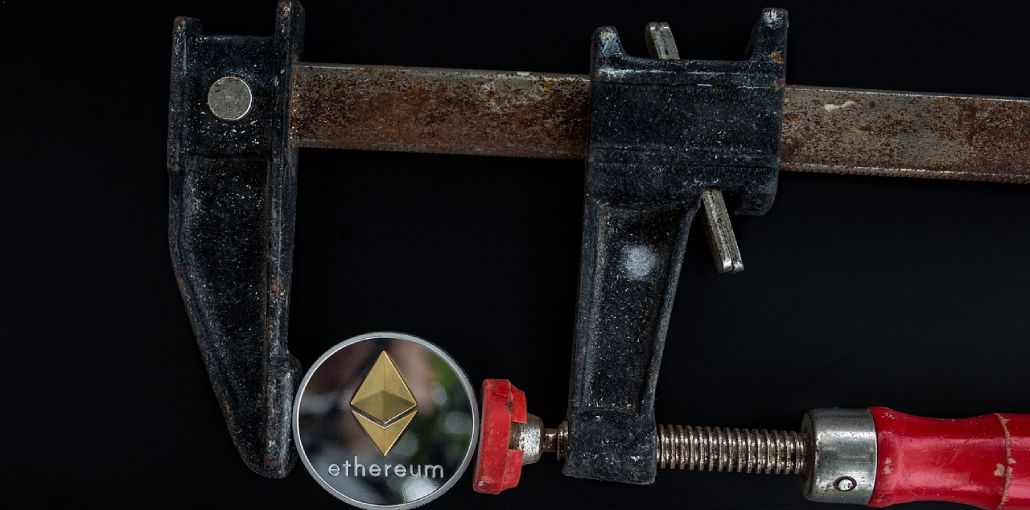As the crypto world continues to evolve, Ethereum leads the way as it breaks new ground for blockchain and decentralized finance. The network’s basic functioning is rooted in the essential idea of secure transactions, which accounts for its spread and popular support throughout the world.
But since Ethereum’s fundamental characteristics is practical scenarios like converting 0.06 ETH to USD, grasping the blockchain’s transaction security is essential. Today, we’ll take a look at some of Ethereum’s security measures, from advanced wallet practices to smart contract safety.
Implement Essential Security Protocols
To ensure the security of your Ethereum transactions, it is crucial that you implement certain security protocols, one of which is encryption. Encryption safeguards your data by converting it into code that only individuals with the correct decryption key can access. In Ethereum, encryption secures your wallet, private keys, and sensitive data, deterring unauthorized access and potential theft.
Another key protocol here is hashing – a process that converts data into a fixed-length string known as a hash. Hashing assigns every transaction a unique identifier, beefing up security and keeping away unwarranted visitors.
Lastly, it would help if you established secure communication channels to secure transmissions of sensitive information and safeguard against potential attacks. The three main security protocols to implement here are two-factor authentication, end-to-end encryption, and secure sockets layer (SSL) certificates.
Implement Advanced Wallet Security Practices
It is important to choose the right wallet because it determines how much control and security you have over your crypto. Hardware wallets are one way to make your Ethereum wallet more secure. These are physical devices for storing your private keys offline, making it harder to get hacked by online plunderers.
Furthermore, ensure that your wallet uses the latest software and avoid giving out any information to phishers.
Another way to secure your Ethereum wallet is by implementing best practices for private key management. Private keys are essentially the passwords that give you control and ownership over your contracts and tokens, and mishandling them can lead to security breaches. First and most important, ensure you keep them in a secure offline location like a hardware wallet. Storing them on online platforms or on your computer isn’t a good idea as it increases their vulnerability to hacking. Also, consider strong passwords for your private keys. Instead of obvious and guessable information like your pet’s name, combine lowercase and uppercase letters, special characters, and numbers.
Also read: The Top 5 Richest Crypto Investors on The Ethereum Network
Ensure Smart Contract Security
Consider these two primary points on the subject of ensuring smart contract protection at the Ethereum blockchain: regular audits and implementing protection patterns.
Regular audits and vulnerability tests are critical to ensuring your crypto’s security. In addition to uncovering flaws in smart contracts that online hackers may want to take advantage of, audits allow users to anticipate risks and mitigate them. The result? Reduced vulnerability to facts breeches and monetary losses.
Implementing protection patterns while developing smart contracts goes a long way to mitigate risks and improve safety. Implementing these patterns involves following best practices that have been tried and proven effective.
The patterns focus on the various areas of smart contract development, including error handling, access control, input validation, and contract upgradability. By incorporating these them, you lessen the chances of common security flaws, such as integer overflow vulnerabilities occurring.
Stay Ahead of Emerging Security Threats
Continuously monitoring and responding to new vulnerabilities is important if you want to stay abreast of emerging security threats on the Ethereum blockchain. This is crucial as the crptoverse is continuously evolving, and it helps that you’re always one step ahead.
The key is keeping up to date with the latest security news, using strong passwords for your accounts, and regularly reviewing the smart contracts code. This will help you ensure that you stay safe.










Leave a comment